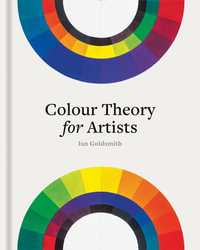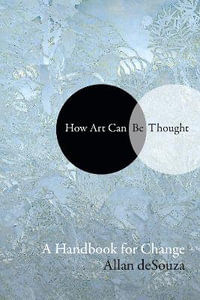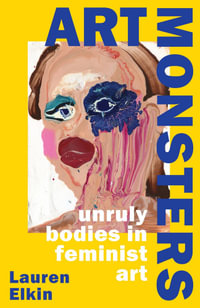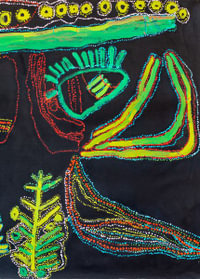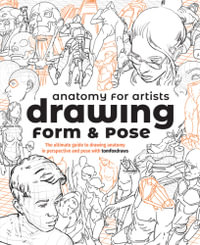There are not one but many ways to picture the worldAustralian 'x-ray' pictures, cubist collages, Amerindian split-style figures, and pictures in two-point perspective each draw attention to different features of what they represent. The premise of Understanding Pictures is that this diversity is the central fact with which a theory of figurative pictures must reckon.
Lopes argues that identifying pictures' subjects is akin to recognizing objects whose appearances have changed over the time. He develops a scheme for categorizing the different ways pictures represent - the different kinds of meaning they have - and he contends that depiction's epistemic value lies in its representational diversity. He also offers a novel account of the phenomenology of pictorial experience, comparing pictures to visual prostheses like mirrors and binoculars.
The book concludes with a discussion of works of art which have made pictorial meaning their theme, demonstrating the importance of the issues this book raises for understanding the aesthetics of pictures.
Industry Reviews
`This is among the most subtle and carefully developed books on the topic of depiction to have hit the philosophical world since the great triumvirate of texts by Ernst Gombrich, Nelson Goodman, and Richard Wollheim defined the subject for analytical audiences. If this book finally leads to a series of puzzles about depiction that its terms of composition do not quite work out, the book has by that point produced such an excellent advance in the terms
according to which the topic may be discussed as to have amply justified its aim of "theory-building."'
Daniel Herwitz, The Journal of Aesthetics and Art Criticism, Summer 1999
`The book is a worthwhile addition to the philosophical literature on pictorial representation.'
Ira Newman, Philosophical Books 39 (October 1998)
`a thorough treatment of pictorial representation that discriminatingly covers the recent literature and makes its own contribution to the subject. Drawing on material from recent work in the philosophy of language and of mind, and enriching the discussion with material in the psychology of perception and art history, the book is a more than welcome addition to the field.'
Anthony Savile, MIND 109, 433 January 2000
`Understanding Pictures has been a pleasure to read, full of riches and agreeably good humoured. Among other things it shows how pictures enlarge our recognitional capacities, it discusses various non-basic ways in which pictures refer to their sources, it offers extended treatment of fictional pictures and provides original reflection on what makes one picture a variation of another. I have learnt a good deal from it and confidently expect it to become a
part of the standard literature of this absorbing topic.'
Anthony Savile, MIND
`Understanding Pictures is a rich, interesting and suggestive book ... Those seriously interested in depiction will certainly find much here to ponder.'
Robert Hopkins, British Journal of Aesthetics, vol.37 no.3, 1997
... Lopes writes in a very engaging and accessible way, allowing of course for the inevitably abstruse elements that any serious intellectual work must have. ... those much less versed than he can expect to come away with a better understanding of what he shows to be an interesting subject. This is philosophical writing of a very high order, to my mind. Lopes is a master of simple, intriguing and compelling arguments./ Lopes is to be congratulated on producing
a first-class work in philosophical aesthetics. Clarendon is also to be congratulated on an excellent production. Clear and simple typography is matched by the convenience of footnotes at the bottom of
the page, and not a single misprint that I could spot./ Gordon Graham, University of Aberdeen, The Philosophical Quarterly, April 1999.









